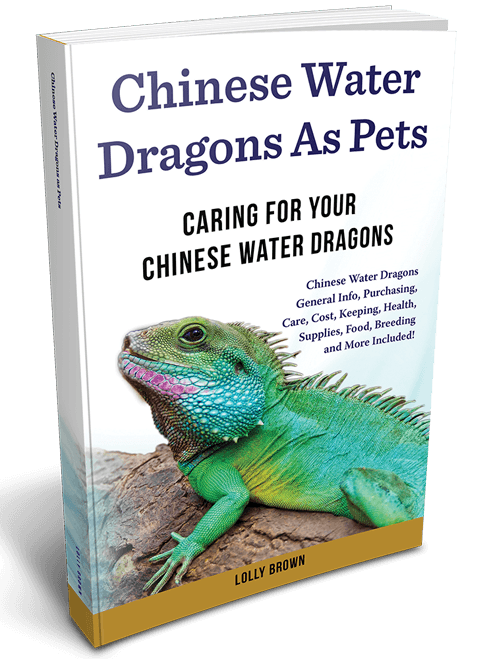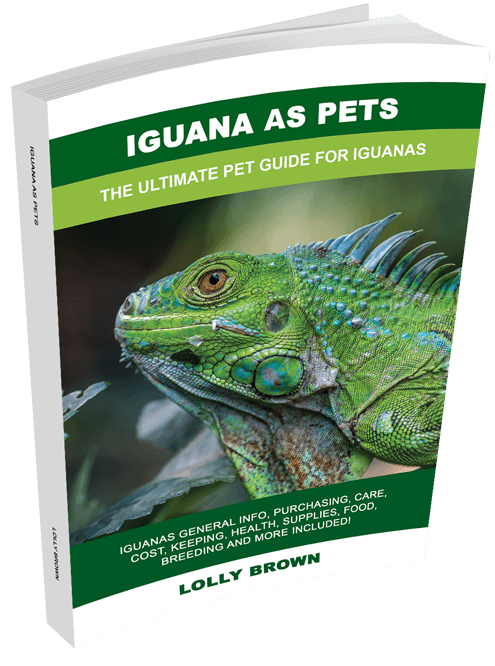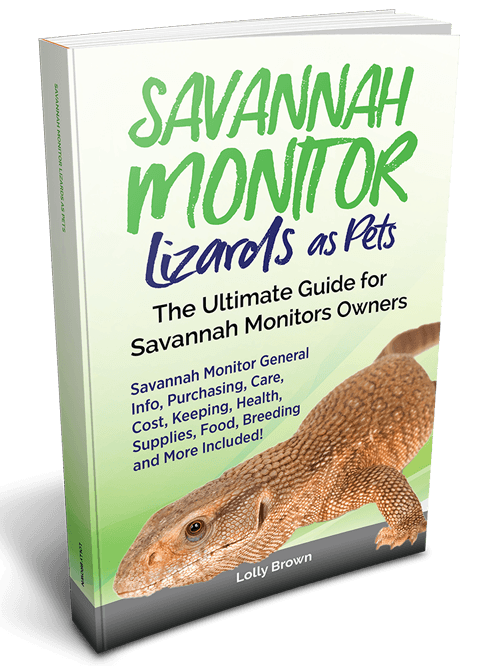Pygmy Leaf Chameleon
Caring For Your Pygmy Leaf Chameleons. Pygmy Leaf facts, care, breeding, nutritional information, tips, and more!

136
9
56+
OVERVIEW
List of chapters included in the book
Chapter 1
Getting to Know Pygmy Leaf Chameleons
Chapter 2
Pygmy Leaf Chameleon Requirements
Chapter 3
Tips in Buying Pygmy Leaf Chameleons
Chapter 4
Habitat for Your Pygmy Leaf Chameleons
Chapter 5
Feeding Your Pygmy Leaf Chameleon
Chapter 6
Pygmy Leaf Chameleon Husbandry
Chapter 7
Breeding Your Pygmy Leaf Chameleon
Chapter 8
Keeping Your Chameleon Healthy
Chapter 9
Frequently Ask Questions about Chameleons
READ IT IN ALL DEVICES
or in physical paperback


Pygmy Leaf Chameleon Ultimate Pet Guide
The Pygmy leaf chameleons’ cute size, its inexpensive purchase price, and its maintenance are some of the major factors on why it is attractive to potential chameleon or reptile owners in general. Pygmy Leaf chameleons are micro – creatures that one may hardly notice – it’s a chameleon after all. What more if you walk out in the world, or go into your friend’s room and you saw it? It may never come across as a pet. In fact, you might try to keep it away like some kind of an insect that graced your shoulder. Since there is a lack of extensive knowledge about these animals; let alone managing or keeping one as a house pet, people usually think that it is rather hard to manage.
Fortunately, this ultimate guide will teach you on how to be the best Pygmy Leaf Chameleon owner you can be! Well, look no further because this guide book will teach you different facts about the chameleons, what you need to take care of one, how to breed and take care of your soon-to-be pet chameleon, and realize the great benefits of owning one! Pygmy Leaf Chameleon facts, care, breeding, nutritional information, tips, and more!
ABOUT THE AUTHOR
A life-long animal lover, Lolly Brown is equally comfortable writing about exotic creatures like the Mexican axolotl or dispensing practical advice to dog owners about kennel cough. As a child, Brown first learned about fish and aquaria when her father brought home a 10-gallon aquarium as a surprise for his daughter. Within months, the father-daughter team graduated to a 120-gallon tank and were immersed in the intricacies of tank population management. “We had that go-big-or-go-home mentality common to the hobby,” Brown said. “Now I look back and think about what we did to Mama’s living room! She was very patient with us.”
Brown’s fascination with animals continued in college, where she took numerous field biology and wildlife classes that allowed her to view the behavior of many species in their native habitats. She calls this period of her life the “rodent years,” since her only apartment roommates were two hamsters, Hemingway and Leo (Tolstoy). “I also adopted a Guinea pig purely because I couldn’t stand the conditions in the pet store,” she said. “Trust me, I was in no way prepared to care for Molly and I had to learn fast!”

“The only other time I went into a pet adoption blind,” Brown added, “I came home with two green anole lizards. Then I found out I was going to have to feed them live crickets. While volunteering at her local zoo, Brown first encountered capybaras, a South American mammal that looks like an over-sized Guinea pig. The experience sparked her interest in exotic pets, a subject she continues to pursue with avid interest. A freelance writer by trade, Brown’s animal books are written for her own pleasure and the edification of her readers. She is a strong supporter of animal rescue and welfare organizations, and works with programs educating young children about the proper care of pets. Brown maintains something of a menagerie of her own, making room in her home for a 180-gallon saltwater fish tank, a 20-year old Scarlet Macaw, a Golden Retriever, and several highly tolerant cats. (She advises that good cages make good multi-species homes.)
“If I become interested in a particular animal and have no direct experience with the creature, I get some before I start to write,” Brown says. “All animals have a unique perspective on the world and their place in it. They all have particular needs — physical and emotional — and they all have unique personalities. These are things I want to understand before I try to communicate them to my readers.”
Lolly Brown
WHAT READERS SAY
✭✭✭✭✭
An informative read!
I learned everything from the cost of owning an Abyssinian to health and housing requirements. Recommended to anyone that already owns or is thinking of purchasing this breed.
– Harry T
OTHER BOOKS

Chinese Water Dragons
Chinese Water Dragons General Info, Purchasing, Care, Cost, Keeping, Health, Supplies, Food, Breeding and More Included!

IGUANA as Pets
Iguanas General Info, Purchasing, Care, Cost, Keeping, Health, Supplies, Food, Breeding and More Included!
COMING SOON!
Available Soon
Savannah Monitor Lizards

“The Ultimate Pet Guide For Pygmy Leaf Chameleon”
